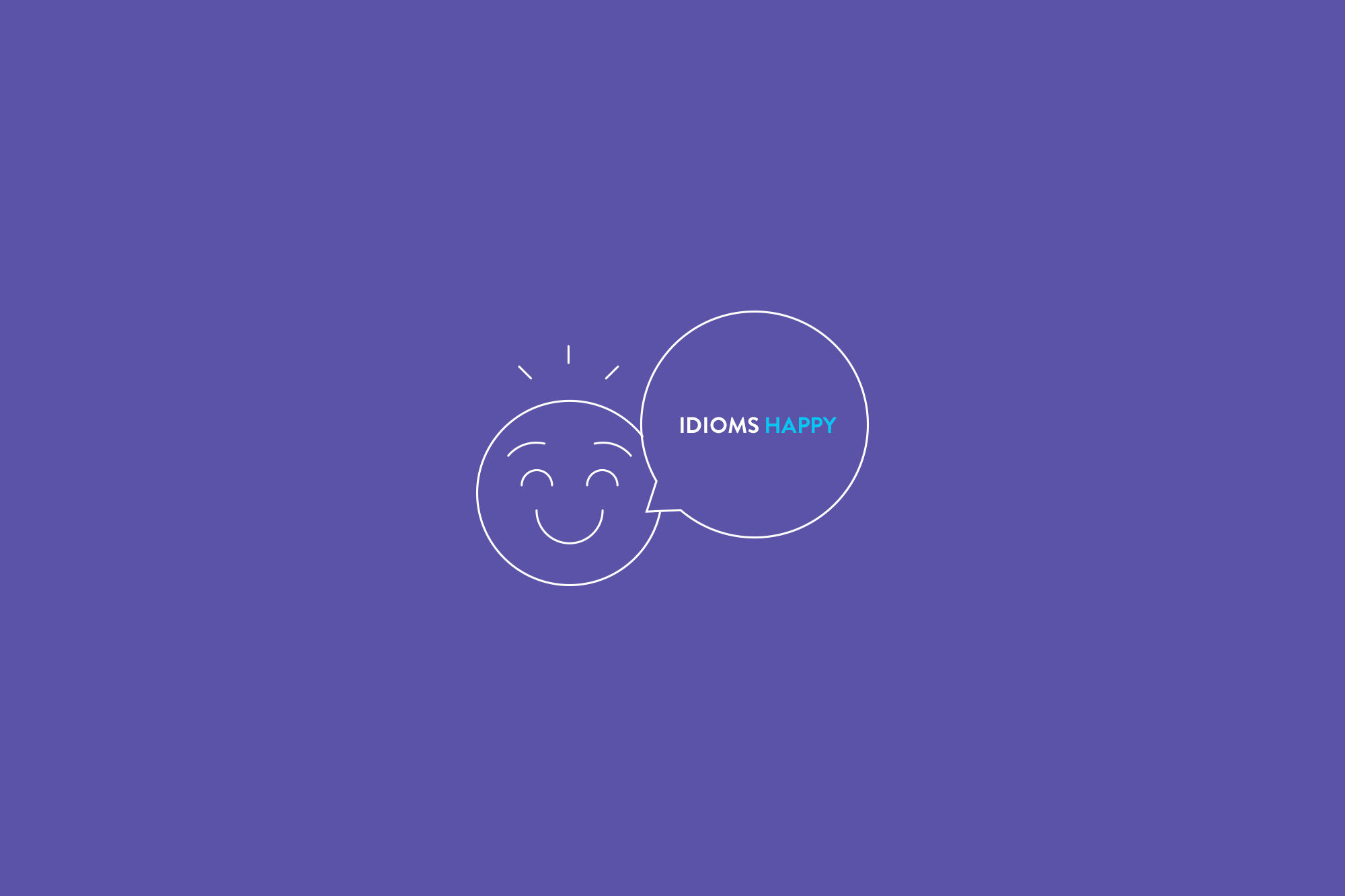Hey buddies, hoy veremos algunos conectores que podemos utilizar en nuestro discurso para indicar contraste- connectors to show contrast. Como por ejemplo:
ALTHOUGH / THOUGH / EVEN THOUGH
They have a similar meaning but position in the sentence is different in each of them. Observe:
Although we did our best, client was not satisfied with the results.
Client was not satisfied with the results, even though we did our best.
Client was not satisfied with the results. We did our best, though.
BUT / HOWEVER
We did our best. However, client was not happy about our performance.
We did our best, but client was not satisfied with the results.
IN SPITE OF / DESPITE
Again, these connectors have a similar meaning but you need different structures in the sentence.
In spite of + noun / (-ing) gerund
Despite + noun / (-ing) gerund
In spite of knowing the answer, he refused to help us.
In spite of the budget we could organize a good event.
Despite having serious problems, they are always smiling.
Despite their serious problems, they are always smiling.
You can also say in spite of / despite the fact that + subject + verb
Despite the fact that we had a low budget we could organize a good event.
Ahora ya puedes comenzar a utilizarlos y hacer que tus ideas queden más claras.

Muchas personas disfrutan de una variedad de actividades interesantes en su tiempo libre. Probablemente tú también, así que si quieres iniciar una conversación y conocer a alguien, ¿por qué no hablar sobre tus hobbies y aficiones? En este post te contamos cómo hablar sobre tus hobbies en inglés.
Hablar sobre tus hobbies es uno de los temas más recurrentes a la hora de mantener una conversación en cualquier idioma. Es un tema relativamente sencillo y muy práctico para saber más sobre una persona o para compartir detalles sobre tus aficiones. Are you ready? Let’s start!
Para iniciar una conversación con alguien preguntando sobre sus intereses y aficiones podemos hacerlo usando algunas de las siguientes expresiones
What do you like doing in your free time?
What do you like doing at the weekend?
What do you usually do in the evenings?
What do you get up to in your free time?
Y a continuación vamos a ver cómo puedes hablar sobre tus hobbies en inglés cuando alguien te pregunta, éstas son algunas expresiones básicas
In my free time I…
When I have some spare time I…
When I get the time, I…
I like watching TV / listening to music, etc.
My favourite hobbies are bird-watching / cooking / gardening, etc.
Recuerda que puedes usar like, love, hate para hablar sobre cosas que te gustan (o no). Generalmente decimos que nos gusta algo o nos gusta hacer algo, es decir
Like something / Like doing something
E.g.
I like tennis or I like playing tennis.
Pero si usamos Like doing or Like to do hay una pequeña diferencia:
Usamos Like + gerund (-ing) para hablar en general.
Usamos Like + Infinive (to) para dar detalles más específicos
E.g.
I like playing football.
I like to play football with my colleagues every week.
Si quieres saber más sobre cómo indicar preferencias puedes leer también este post
Otras expresiones que podemos utilizar para hablar sobre hobbies en inglés y cosas que nos gusta hacer en nuestro tiempo libre son
I enjoy (+ noun / gerund)
I’m interested in (+ noun / gerund)
I’m into (+ noun / gerund)
I’m keen on (+ noun / gerund)
I’m a big fan of…
I’m crazy about…
E.g.
I enjoy cooking.
I’m interested in history.
I’m into gardening.
I’m keen on golf.
I’m a big fan of crime series.
I’m crazy about indie music.
Si por el contrario hay cosas que no te motivan mucho, puedes decirlo usando estas frases
I don’t like…
I’m not into…
I’m not a great fan of…
… is not my thing.
I have no interest in…
I can’t stand…
E.g.
I don’t like playing card games.
I’m not into reading novels.
I’m not a great fan of running.
Gardening it’s not my thing.
I have no interest in cooking.
I can’t stand going shopping.
Si quieres dar más detalles al hablar sobre tus hobbies puedes describir por qué te gustan, por ejemplo
I really enjoy running because…
…it keeps me fit.
…it gets me out of the house, you know!
…it gives me something interesting to do with my time.
…it’s not very expensive, and anyone can do it!
Según tus intereses, puedes buscar el vocabulario específico que necesitarás para hablar sobre tus hobbies en detalle, hoy en día es fácil encontrar en internet blogs, vídeos y otros recursos de personas que comparten esta afición, busca aquellos que lo hacen en inglés y conseguirás aprender las palabras y expresiones relacionadas con eso que tanto te gusta.
Un último consejo, además de hablar y extenderte con lo mucho que te gustan tus aficiones y para que la conversación no se centre solo en nosotros, recuerda siempre mostrar interés hacia la otra persona, esto puedes hacerlo simplemente diciendo: and how about you? What do you like doing in your free time?
Pues eso, how about you? déjanos un comentario contándonos cuáles son tus hobbies y así puedes poner en práctica algunas de las expresiones que hemos visto en el post 😉


